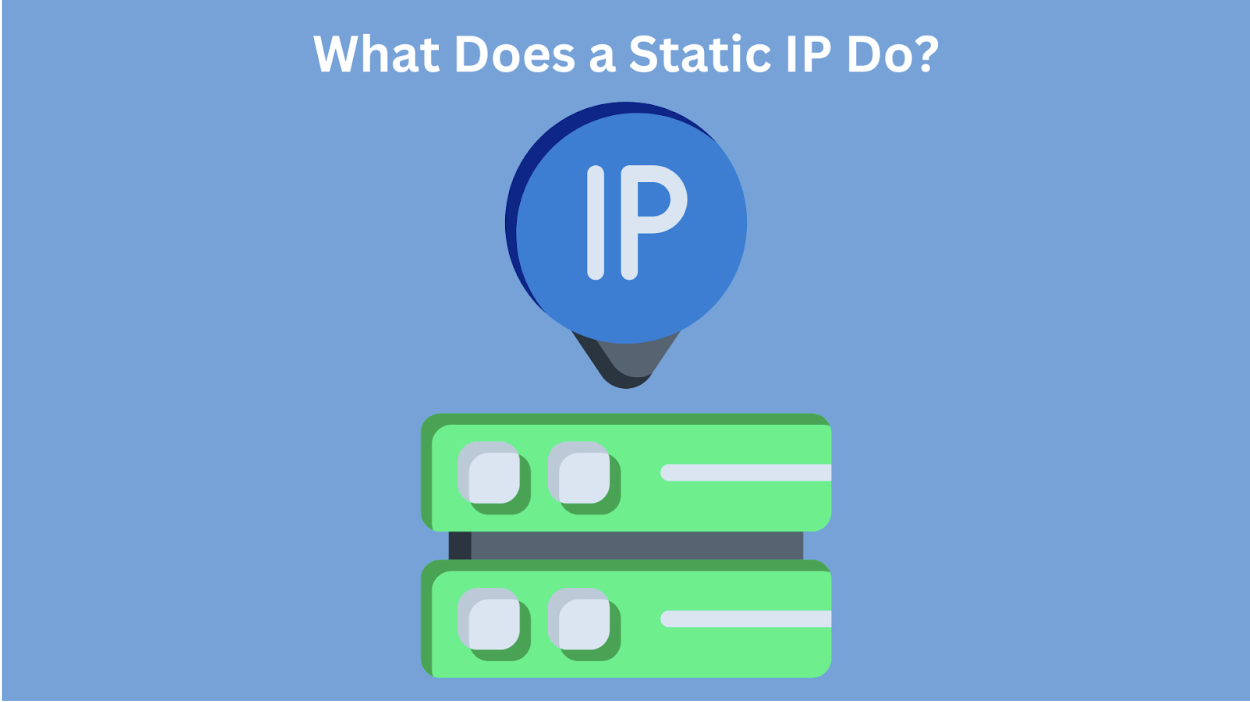In the vast landscape of networking, the term "IP address" is a foundational element. It serves as a unique identifier for devices connected to a network, facilitating communication between them. While most devices are assigned dynamic IP addresses, which can change over time, some require static IP addresses to fulfill specific needs. So, what does a static IP address do, and why might you need one?

What Are Static IP Addresses?
A static IP address is a fixed, unchanging identifier assigned to a device on a network. Unlike dynamic IP addresses, which can change each time a device connects to the network, static IPs remain constant. This permanence is particularly beneficial for certain scenarios, such as hosting websites, email servers, or reliably accessing remote devices.
Benefits for Businesses
For businesses, static IP addresses offer several advantages:
- With a static IP, servers and devices can be consistently accessed using the same address, ensuring uninterrupted service for customers and employees.
- Remote access to devices, such as security cameras or point-of-sale systems, is more straightforward with a static IP, as the address remains constant.
- Static IPs can enhance security by enabling more precise control over access permissions and allowing for the implementation of stricter security measures.
- A static IP can contribute to brand consistency for businesses hosting websites or services by maintaining a consistent web address.
Use Cases for Developers
Developers also benefit from static IP addresses in various scenarios:
- A static IP ensures users can reliably connect to the server when hosting applications or services.
- Developers often use static IPs for testing and development purposes, ensuring that networking configurations remain consistent.
- A static IP simplifies the connection process for remote debugging or accessing servers.
Conclusion
A static IP address offers stability and consistency in networking, making it a valuable asset for businesses and developers with specific needs. Whether for hosting services, enhancing security, or ensuring reliable remote access, understanding the role of a static IP can help you optimize your network infrastructure.

FAQs
1. Can I convert a dynamic IP to a static IP?
Yes, but it typically requires contacting your Internet Service Provider (ISP) to request a static IP address and may involve additional fees.
2. Do I need a static IP for my home network?
For most home users, a dynamic IP is sufficient. However, a static IP may be beneficial if you host servers or need reliable remote access.
3. Can a static IP improve my network's security?
While a static IP alone does not enhance security, it can facilitate the implementation of security measures, such as stricter access controls.
4. Is a static IP necessary for SEO purposes?
No, a static IP does not directly impact SEO. Other factors, such as website content and backlinks, are more significant in search engine rankings.
5. Are static IPs more expensive than dynamic IPs?
Yes, static IPs often incur additional costs from ISPs compared to dynamic IPs, which are typically included in standard internet packages.